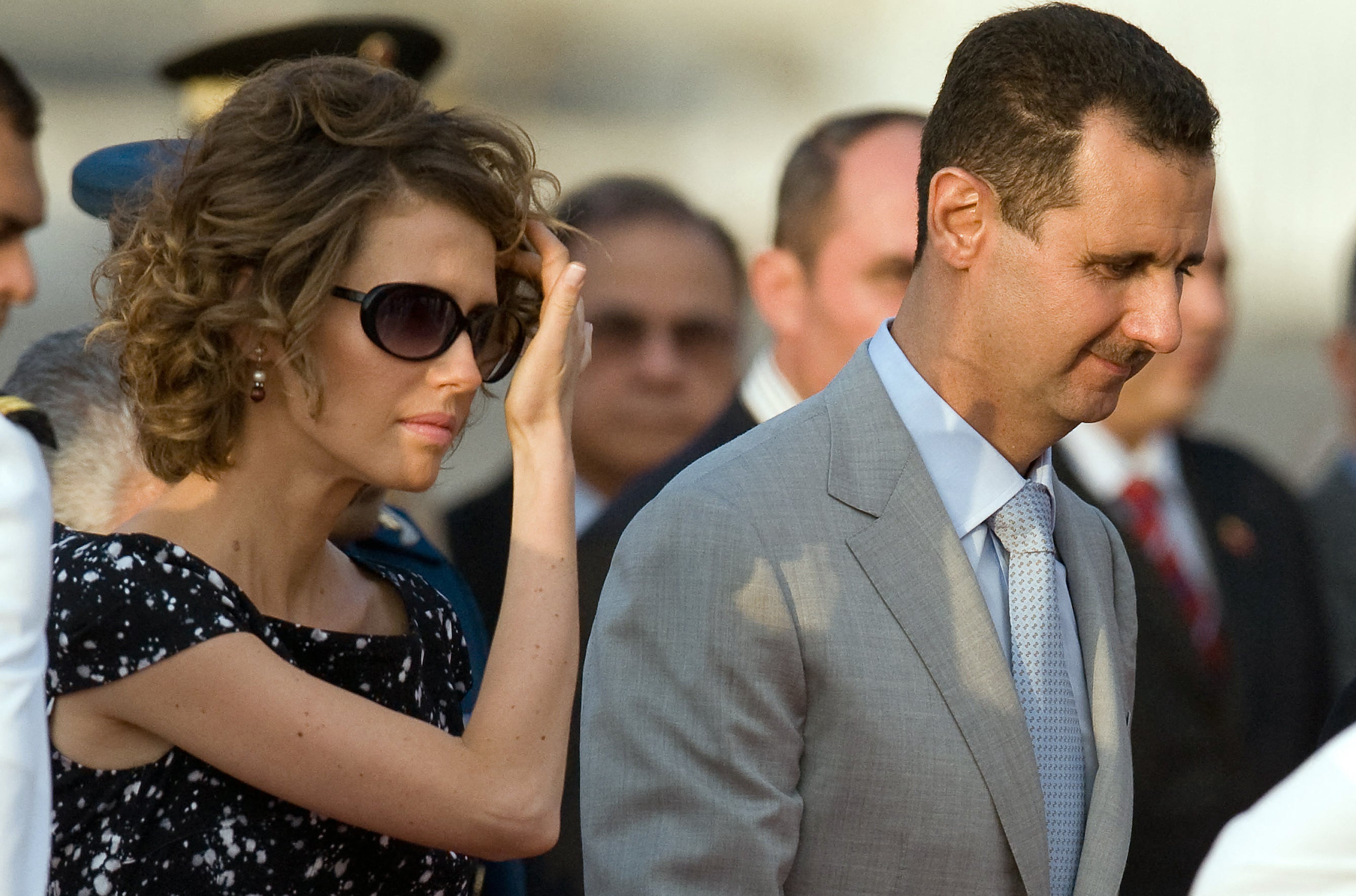The Kremlin has sought to dismiss reports that Syrian dictator Bashar al-Assad’s wife is seeking a divorce, after the couple were forced to flee to Russia.
As his brutal regime in Damascus fell this month with a shock takeover by rebel forces, putting an end to the Assad dynasty’s half-century grip on power, the dictator escaped to Russia, which had been a key ally in helping to uphold his rule during 13 years of bloody civil war.
Several media reports have suggested that his British-born wife Asma al-Assad has been seeking a divorce and wishes to leave Moscow.
The Assads have not commented on the reports in Turkish media, attributed by The Telegraph to Russian diplomats. But the Kremlin denied this week that Ms Assad was seeking to separate from her husband.
Asked about the claims – which also suggested that Assad had been confined to Moscow and had his property assets frozen – Kremlin spokesperson Dmitry Peskov insisted they did not “correspond to reality”.
Born in the UK in 1975 to parents originally from Syria, Ms Assad grew up in Acton and quit her job as an investment banker in 2000 to marry Assad, who himself trained as an eye doctor in the London before returning to Syria following the death of his elder brother.

Asked about reports that Ms Assad could be seeking to return to London, Downing Street indicated that she would not be welcome in the UK.
Pointing to remarks by foreign secretary David Lammy this month that Ms Assad “is a sanctioned individual and is not welcome here in the UK”, a No 10 spokesperson said: “I think we have always said that we don’t comment on individuals in relation to this.
“But more broadly you will have seen that we have very tough sanctions in place against the Assad family and the former regime, which remain in place.”
The British sanctions already imposed on the Assads include a travel ban and asset freeze.
The speculation comes as Syria reels in its newfound freedoms and from the horrors emerging from the Assad regime’s brutal prisons, where hundreds of thousands of people are feared to have been killed as a result of torture and mistreatment.

While the toppling of the Assad regime has been welcomed by Western nations as an end to years of repression, concerns remain that sectarian violence could yet again become an issue in the country.
Syria’s victorious Islamist group Hayat Tahrir al-Sham (HTS), formerly affiliated with al-Qaeda, has vowed that the country will be for all people, not just Sunni Muslims, and that it will protect minorities, including the Christian community.
Thousands of protesters took to the streets across Syria this week after foreign fighters burned down a Christmas tree in the centre of the country, sparking concerns about sectarian violence.




